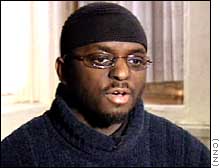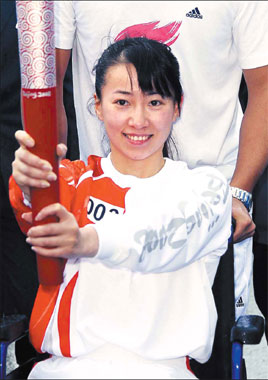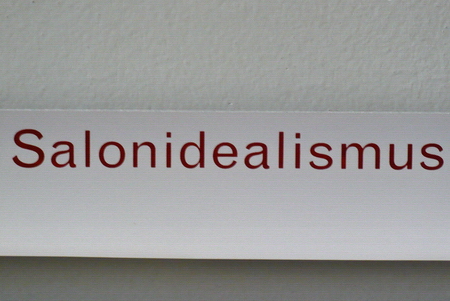Stanley Kurtz schreibt in einem längeren Essay im Neocon-Hausblatt „Weekly Standard“ über die wahren Gründe der arabischen Misere. Wir haben zu viel auf die Religion als Grund gestarrt, meint er. Der Tribalismus der arabischen Gesellschaften ist vielleicht der schwerer wiegende Grund für politische Instabilität, innerarabische Konflikte und autokratische Regime als die politische Kultur des Islams. Der Islam erscheint als abgeleiteter Faktor der Stammesgesellschaft, nicht umgekehrt.

Stanley Kurtz. Foto: EPPC
Bemerkenswert an dem Aufsatz ist der Grund-Pessimismus, was das Projekt der Demokratisierung des Nahen Ostens angeht. Das große Projekt der Neocons wird hier auch intellektuell zu Grabe getragen:
„Unite with your erstwhile enemy in opposition to a more distant foe; treat all members of an enemy group as potential targets; demand honorable behavior from members of your own group; and maintain your own and your group’s honor by a clear willingness to sacrifice for the collective good. Warring Sunni and Shiite sects from Beirut to Baghdad follow principles of balanced opposition. They may be at each other’s throats, yet they’ll unite in opposition to an outside threat, as when Shiite Iran harbors members of Sunni al Qaeda on the run from America. In a sense, Islam’s founding triumph was to raise the stakes of balanced opposition by uniting all the Arab tribes in an ultimate feud against infidel outsiders.“
Ich weiß nicht, ob das ganz und gar plausibel ist, aber Kurtz kann einige Probleme – wie die notorische Schwäche der Staatlichkeit in der arabisch-muslimischen Welt – ganz gut erklären:
„The state, such as it is in the Middle East, offers but a thin alternative to ‚the war of all against all.‘ Too weak to provide public utilities, policing, or impartial justice, most Middle Eastern states are just reincarnations of the predatory, winner-take-all tribal coalitions of old. Why exchange the protection of your family, tribe, or sect for submission to a weak or predatory state? Tribal society contains just enough order to make a bit of violent anarchy bearable, and just enough grasping anarchy to make a liberal social contract unreliable.
Some political scientists decry cultural explanations for failure of democracy in the Arab world. They argue that Arab dictators deliberately cultivate ‚primordial‘ tribal loyalties, so as to block the formation of the genuinely liberal political parties, labor unions, and voluntary associations that might bring an end to their unjust rule. Yet this begs the question of why family, tribe, and sect were available and powerful enough to be ‚exploited‘ by authoritarian leaders. We’re looking at a vicious circle, in which primordial loyalties undermine the modern state, which in turn is forced to rely upon and reinforce primordial loyalties. …
It won’t be easy to weaken the circle of particularism–the self-reinforcing loyalties of extended family, tribe, and sect that dominate Arab countries at both the state and local levels. The British did something comparable in traditional India by creating a counter-system of liberal education and advancement through merit, rather than kin ties. But that took time, military control, and a favorable political environment. The road to genuine cultural change is long, and there are no easy shortcuts. On the other hand, the tribal template offers a ray of hope.
Since 9/11, we’ve understood Islam as the fundamental source of the cultural challenge coming from the Middle East. That has given rise to a strategy of direct assault–an almost Voltairean attempt to deflate religious pretensions in hopes of forcing a change. Islam itself may be a complex extension of tribal culture, yet technically, Islam is defined as something different from, and sometimes antagonistic to, pure tribalism. When Muslim immigrants in Europe debate amongst themselves female seclusion, cousin marriage, and honor killings, reformers argue that these are ‚cultural‘ rather than strictly ‚Islamic‘ practices. There is truth here and also an opening.
While tribalism is in one sense culturally pervasive in the Middle East, tribal practices are less swathed in sacredness than explicitly Koranic symbols and commandments–and are therefore more susceptible to criticism and debate. Even jihad and suicide bombing can be interpreted through a tribal lens. We’ve taught ourselves a good deal about Islam over the past seven years. Yet tribalism is at least half the cultural battle in the Middle East, and the West knows little about it. Learning how to understand and critique the Islamic Near East through a tribal lens will open up a new and smarter strategy for change.“
Der ganze Text hier.






